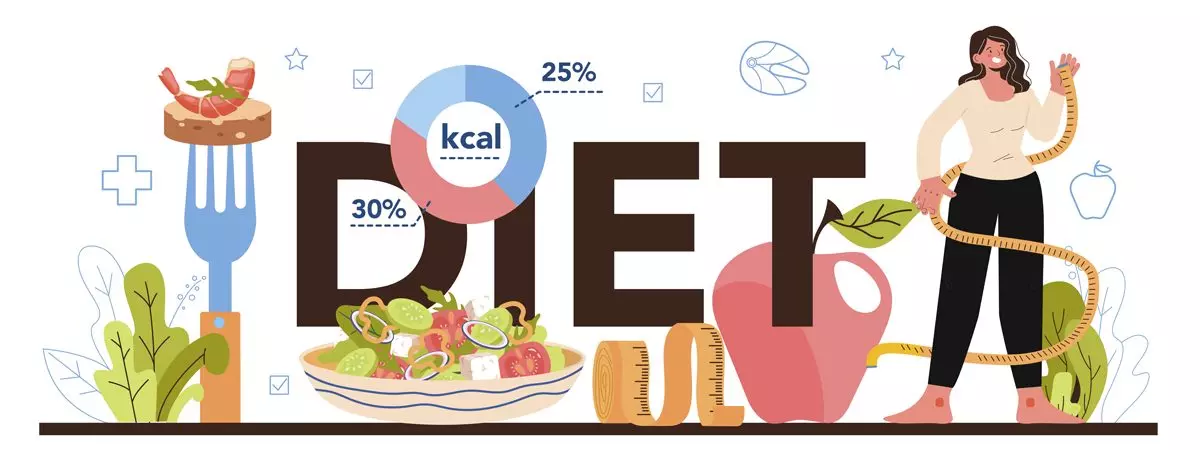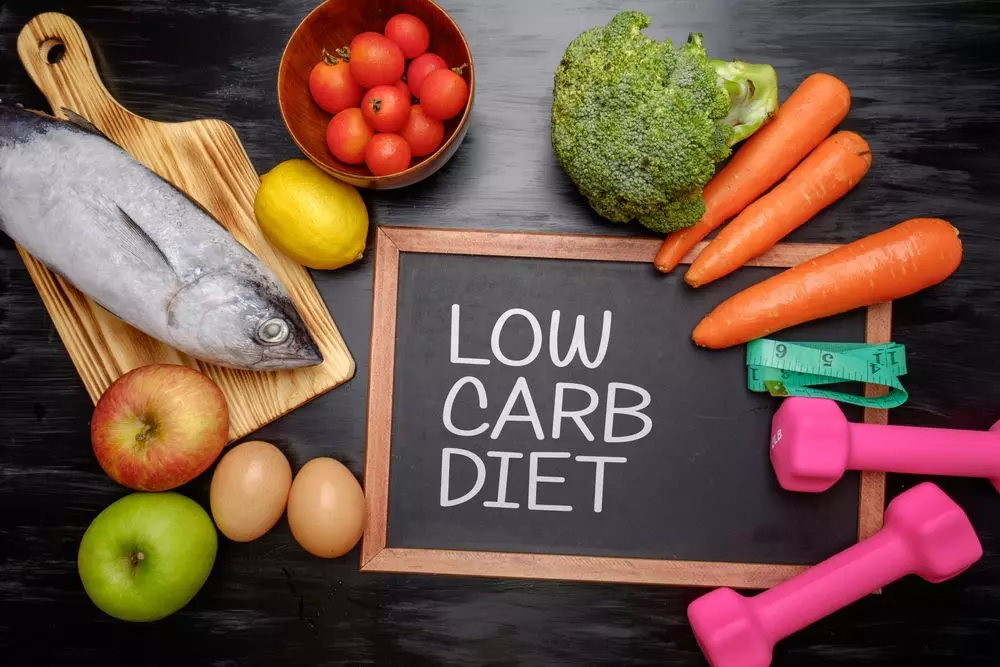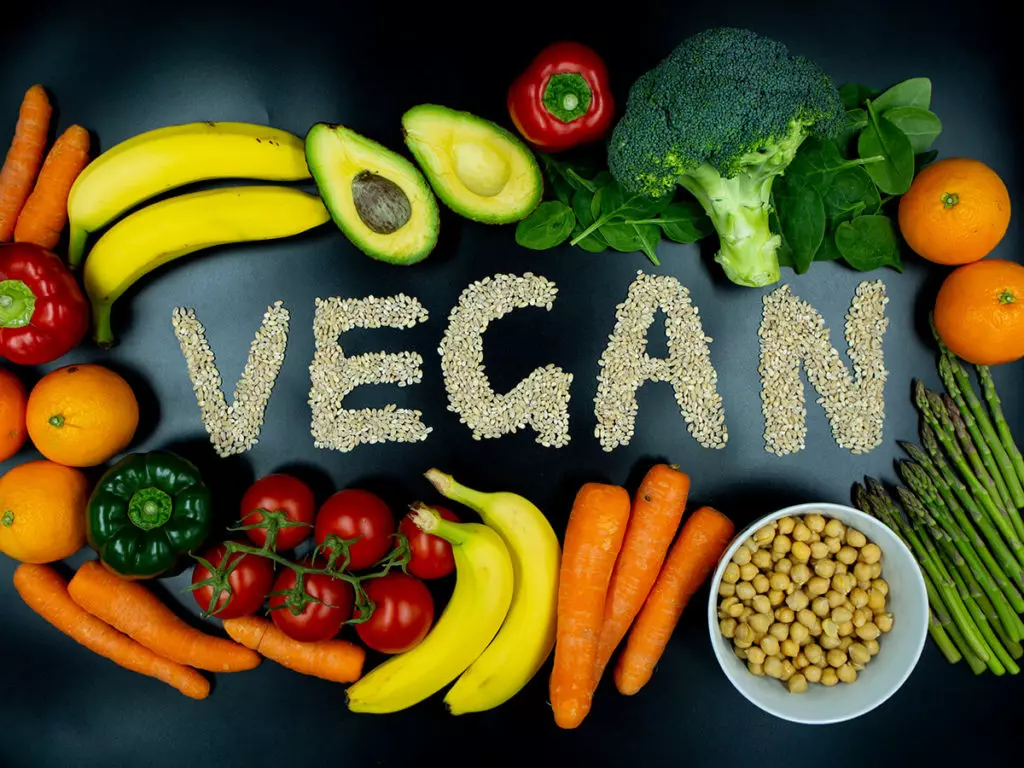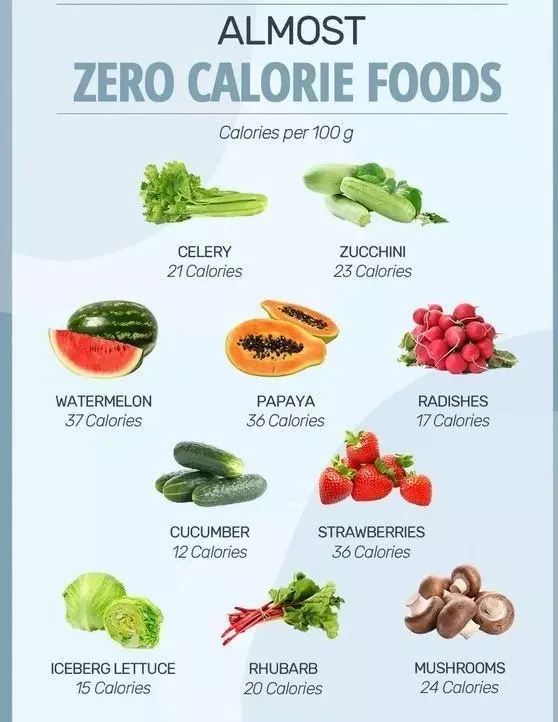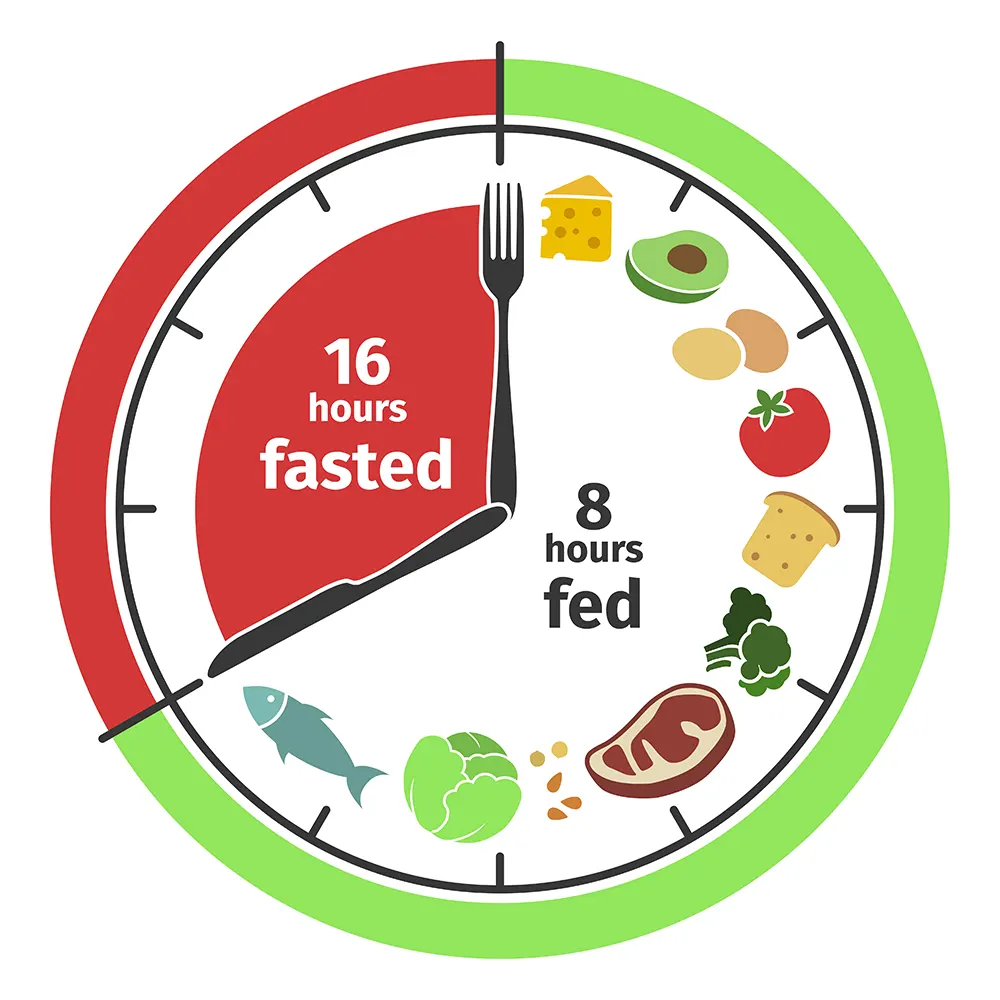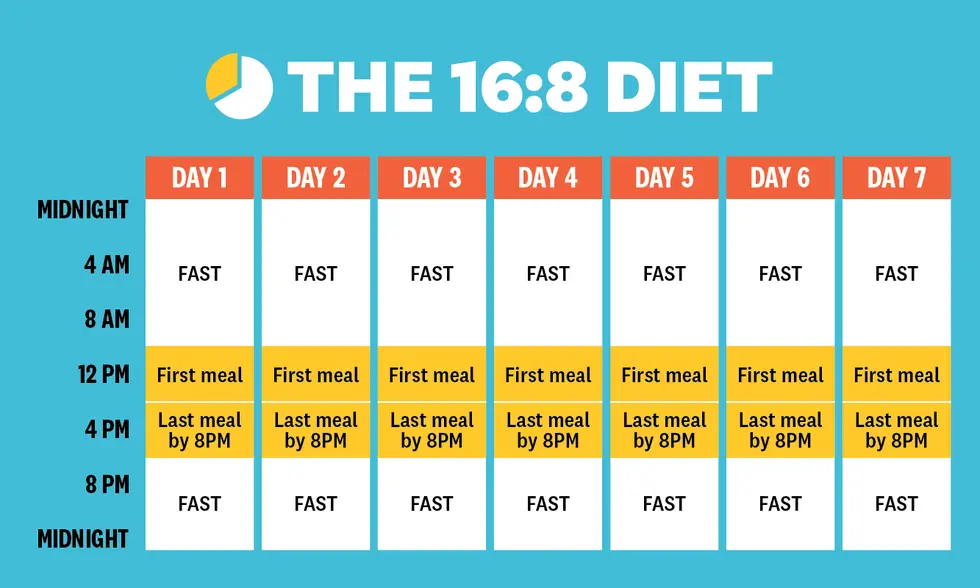Overweight and obesity increase over time, affecting aesthetics and bringing many health consequences, increasing cardiovascular disease, increasing the likelihood of many types of cancer, hormonal disorders, diabetes. Type 2 diabetes... But how to lose weight?
Therefore, obesity is now considered a chronic disease like other diseases, no longer a simple increase in weight. We cannot cure obesity, which means if you do not follow your diet, exercise, and monitor it, you will gain weight again out of control no matter how much you lose weight. But we can control our weight and prevent complications caused by "baby fat".
Diet and exercise are the first two methods you think of when you are overweight and obese, they are really effective. There are countless diets on social networks, so which diet has the benefits outweighing the risks based on medical research?
1. Carbohydrate-restricted diet
We all believe that eating a lot of starch and sugar will cause rapid weight gain and have started to say no to this food, even though it brings about quite rapid weight loss, maybe even a few pounds in 2 months.
But did you know that glucose is the main source of energy in the body, especially the brain. You will easily feel hungry, tired and have poor concentration. Science has proven that eating too little carbohydrate (below 40% of total meal energy) or eating too much (over 70% of total meal energy), the risk of death from all causes is the same.
Therefore, eat less foods containing a lot of starch and sugar but keep it at about 50% of the total meal energy.
2. Diet that restricts specific food groups
Vegetarian/vegan and Paleo diets (Stone Age diets) have outstanding weight loss results, regardless of whether they are applied for religious beliefs, preferences or weight loss purposes. But when applying, you need to note:
Vegetarian/vegan diet: you will lack some essential micronutrients derived from animal protein such as iron and vitamin B12, so you may become anemic (for example, sweet potatoes or white sticky rice do not contain vitamin B12).
When starting a vegetarian diet, practice designing a balanced meal according to your nutritionist's instructions. After mastering the principles, you can design your own meals.
Paleo is a diet quite similar to our grandparents in the past: why eat it like that? Choose the most natural foods possible: eggs, meat from farmed animals, vegetables and fruits, prepare them cleanly but simplify the preparation, mainly eat boiled and steamed foods. Do not eat processed foods, including milk and fast food.
3. Very low calorie diet
Brings clear and quick results, meaning you only consume about 800 kcal/day. This means that no matter how much you ate before, you now only eat about 1/3 to half of that amount of food. Just like going out to eat a bowl of vermicelli as usual, now we choose a "baby size" bowl of vermicelli.
If this diet is combined with exercise, the weight loss effect is very clear.
This is a very popular diet, especially among cardiovascular patients. However, it brings significant benefits to healthy people. In this diet we will focus on food quality rather than quantity, meaning you don't need to bring a calculator to calculate every calorie of each item.
Instead, you choose healthy foods from the start. You can still eat fat if it is good fat (unsaturated fat found in fish, olive oil...) and avoid trans fats and saturated fats (fried foods, fast foods), and eat cereal. Whole grain cups instead of choosing white bread, cookies, etc.
This diet not only reduces weight, reduces blood fat, and also reduces the risk of cardiovascular disease.
4. Intermittent fasting
You will have periods of fasting or very limited eating, only drinking water or extremely low-calorie drinks to relieve hunger. For example, the 16-8 diet is 16 hours without eating, then eating a meal, then fasting for 8 hours. Or alternate fasting on weekdays and fasting on weekends.
This diet is effective in losing weight, but the downside is that it makes you feel very hungry when fasting, and easily lacks nutrients, so you may need to supplement with multivitamins.
For all five of these diets, researchers followed people on these diets long-term. Most people lose weight in the first 6 months, then the weight loss effect fades and they gain weight. Weight regains, possibly because compliance is no longer maintained.
In particular, the Mediterranean diet has a slow weight loss effect but brings many benefits, especially reducing the risk of cardiovascular disease, is easier to apply and maintain, and is quite effective in weight loss. Castle.
Obviously being overweight or obese causes many consequences and losing weight is the first step to improve the condition. Each diet has its own pros and cons, the important thing is that you choose a diet that is right for you and can be maintained long term.
Maybe you are interested:

Good Fats - Bad Fats - and Disease

22 Children fell ill from Using Lead-contaminated fruit Puree in the US
